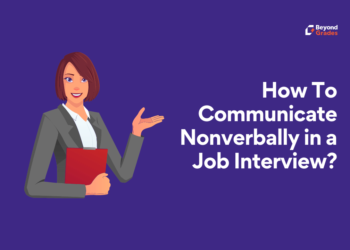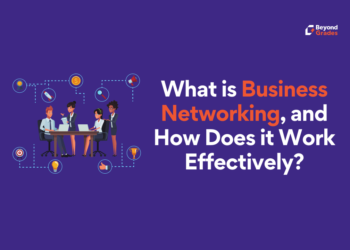[ad_1]
Any employee knows the benefits of being proficient in soft skills to stake a claim as a valuable company member. Listening, by definition, is a soft skill that better helps in understanding and thus paving the way for effective communication. It is essentially included under communication skills, which have verbal and non-verbal modes, including interpersonal skills.
The best thing about listening is that it does not relate to or reflect physical competence but rather mental sharpness, which corporates are always looking into. Listening is also a skill that can be practised and improved, unlike other senses. We must not confuse hearing and listening, as exceptional listeners do not even have to possess heightened hearing abilities.
Hearing-impaired individuals can be brilliant listeners because listening is the ability to receive and interpret information for them. In the same vein, people with an excellent sense of hearing can be poor listeners as they lack the concentration to listen to and parse different types of information. Good listeners always know the nuances of conversation, thus allowing for them to take a conversation forward organically.
Listening is a crucial soft skill that helps you better communicate with your co-workers, superiors, and customers in your professional career. The power of effective listening enables you to prioritize tasks given by your manager, help out a co-worker and build a good working relationship with them or help identify the exact needs of your customer. Being a good listener also promotes a psychologically safe workplace that increases overall morale, as your teammates feel more supported.

Communication skills are the foundation of any successful relationship, and listening is an integral part of communication. Professionally, listening to the other party helps to foster a sense of understanding and camaraderie even when faced with disagreement at both ends. The basic reasoning behind the rhetoric is to listen to the other person carefully and, in doing so, construct arguments that best appeal to their moral or professional framework.
This automatically kindles an excellent working relationship and is better than arguing with passion and hard facts. Effective listening also helps to identify effective business methods and generates new ideas. This is in line with Bernard T. Ferrari, dean of the Carey Business School, who believed that good listening involved probing and challenging information gathered from others to improve its quality and generate fresh ideas.
So how does one become a good listener? Let us look at a few ways to distinguish yourself from the crowd by working on and mastering this critical soft skill.
1. Asking the right questions.
Silence may be golden, but it is essential to speak up and aid the speaker in some conversations. Strategically asking the right questions help to elevate your standing among a crowd and will assist in familiarizing your position with the speaker. You can ask questions to obtain more information, clarify any doubts or affirm any earlier questions. It is also essential to ask questions without any presumptions.
2. Avoid any interruptions.
Something no speaker enjoys is to be interrupted. Speakers often like to have a coherent train of thought going in any conversation and interrupting to derail their thoughts completely. It is crucial to study the speaker and their mannerism to find an avenue to pose a question.
3. Make educated suggestions.
Questions need not only be the sole method of interaction. Suggestions and affirmations are always welcome, whoever the speaker is, as long as they add something to the conversation. That is why it is essential to listen effectively and retain critical information in any conversation.
Constructive feedback in the form of signals to the speaker effectively shows you have been attentive.
4. Listen more than you talk.
This is a golden rule of listening, as a good listener should always prioritize the speaker. “Nobody learnt anything from hearing themselves speak,” and this quote is very relevant here. Your goal as a good listener should be to listen to the other person and get the most out of a conversation.
5. Being supportive.
We have already looked at how it is crucial to create a safe environment during a conversation. During a conversation, the listener’s responsibility is to support the speaker by showing confidence in their abilities. This is important during feedback as we tend to react defensively when we can try to welcome this input and show that we are listening.
This situation can also help us understand ourselves better as we can listen to this feedback realizing the customers’ interest.
[ad_2]
Source link









